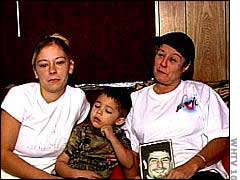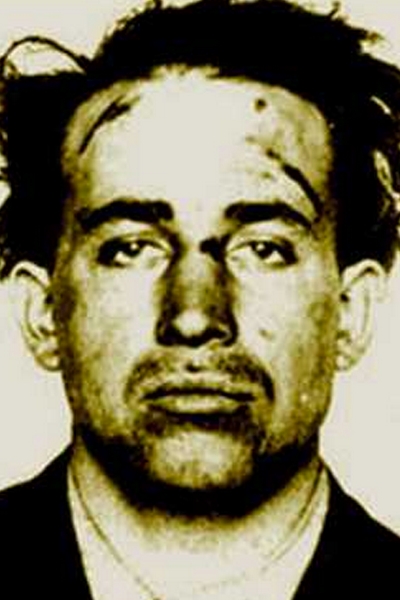

The expert/sociologist will attempt the more difficult job of explaining why structural, cultural and familial factors are at least partially to blame for the circumstances of capital murder. Sociology expands and explains the boundaries of mitigating factors. Sociology is relevant to the questions of sentencing in capital murder cases. In essence, arguments focus on two adversarial positions: the circumstances of the crime versus the social psychological qualities of the client (Forsyth, 1998, 2014, 2015 Forsyth & Forsyth, 2007). Generally, aggravation includes actions or occurrences that lead to an increase in the seriousness of a crime but are not part of the legal definition of that crime. The prosecution offers aggravating circumstances. Mitigating circumstances are facts that do not justify or excuse an action but can lower the amount of moral blame, and thus lower the criminal penalty for the action. The most consequential ingredients for the defense are mitigating factors. But now the defense is asking that the defendant not be sentenced to death because of the defendant’s admirable qualities or due to a life which predisposed him or her to the crime. The position is an imposing one because these twelve individuals, in the past 24 h, have just found beyond a reasonable doubt that the defendant committed first degree murder. The jury weighs aggravating and mitigating circumstances before imposing sentences of death or life in prison without parole. Both the prosecution and the defense may present arguments on whether or not the death penalty should be used. Any matter the judge regards as relevant to sentencing may be offered as evidence and must include matters relating to certain legislatively specified aggravating and mitigating circumstances.

The importance of this phase is that the ultimate punishment of death is possible (Forsyth, 1995, 1996, 1997 Forsyth & Bankston, 1997). This represents the second phase and involves another trial, but with the same actors in the same settings. If a defendant is found guilty of capital murder and he or she is not legally insane, the jury must decide on a punishment. If the defendant is found not guilty or guilty of a lesser offense, the trial ends. The first phase, is to determine the guilt or innocence of the defendant. The trial of a first degree murder case is divided into two phases.

I was hired to help prepare a mitigation defense in the sentencing part of the trial.

Ronald Dominique was indicted for first degree murder with an intent to seek the death penalty. The sociologist as mitigation expert/investigator.


 0 kommentar(er)
0 kommentar(er)
